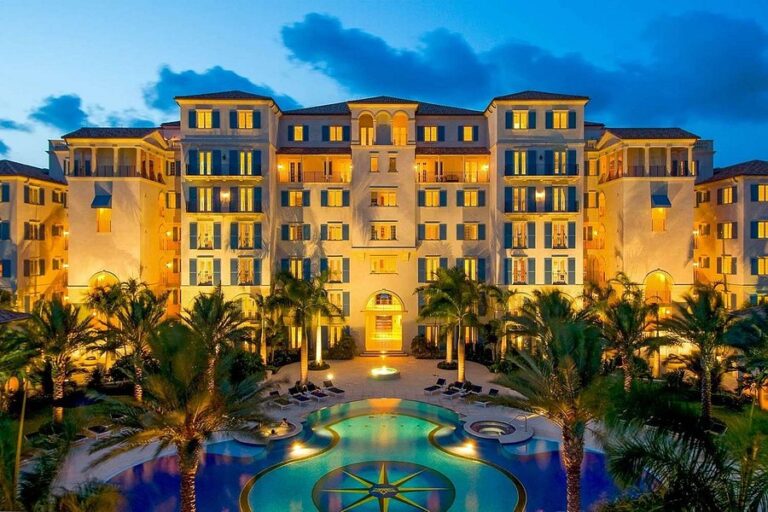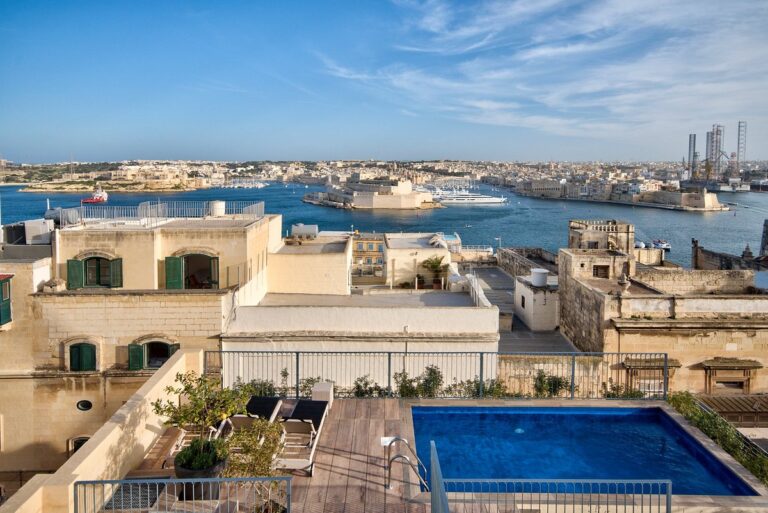Discover Split: A City Where History Meets Adriatic Charm
When I first stepped into Split, Croatia, I was instantly captivated by its unique fusion of ancient history and lively coastal atmosphere. The city’s crown jewel, Diocletian’s Palace, is not just a relic but a living, breathing part of daily life here—home to shops, cafes, and residences nestled within Roman walls that date back to the 4th century. Walking these labyrinthine streets feels like stepping into a time capsule that still pulses with modern energy.
Beyond the palace, Split offers a stunning coastline with crystal-clear waters and pebble beaches like Kasjuni and Bačvice, perfect for swimming, sunbathing, or watching locals play picigin—a traditional ball game unique to the area. The city’s vibrant culture shines through its outdoor markets, artisan coffee shops, and lively nightlife.
Must-See Attractions and Experiences in Split
Explore Diocletian’s Palace
This UNESCO World Heritage Site is a sprawling Roman imperial residence built between 295 and 305 AD. Wander through its Peristyle courtyard, visit the St. Domnius Cathedral (originally the Emperor’s mausoleum), and lose yourself in the maze of narrow alleys filled with boutique shops and cozy taverns. I recommend booking a guided tour to uncover hidden underground chambers and climb the bell tower for panoramic city views.
Relax on Kasjuni Beach
Nestled at the base of Marjan Hill, Kasjuni offers crystal-clear waters and a peaceful pebble beach. It’s my personal favorite for swimming and sunbathing away from the crowds. The pine forest backdrop adds to the serene vibe, making it perfect for a quiet day by the sea.
Stroll the Riva Promenade
The bustling waterfront promenade is the heart of Split’s social life. Sip coffee at an outdoor café, watch the ferries come and go, and soak in the lively atmosphere. It’s a perfect spot for people-watching and enjoying Dalmatian hospitality.
Day Trips & Island Hopping
From Split’s ferry port, you can easily visit stunning nearby islands like Brač, Hvar, and Šolta. Each offers unique beaches, historic sites, and vibrant nightlife. I highly recommend a boat tour to explore hidden coves and swim in the Adriatic’s turquoise waters.
Where to Stay in Split: Neighborhoods & Recommendations
Staying inside or near Diocletian’s Palace is ideal for first-timers who want to immerse themselves in history and be within walking distance of main attractions. Options range from charming boutique hotels to private apartments. For a quieter experience with sea views, consider accommodations near Marjan Hill or along the coastline.
Budget travelers will find hostels and guesthouses scattered throughout the Old Town and nearby districts, while luxury seekers can opt for stylish hotels like the Hotel Park or the new Hotel Ambassador, both offering excellent amenities and proximity to the beach.
How to Get to Split and Navigate the City
Split is served by Split Airport (SPU), located about 22 km west of the city center. Shuttle buses, taxis, and car rentals are readily available for the 30-minute transfer. If arriving by train or bus, the main station is centrally located near the ferry port.
The Old Town is mostly pedestrianized, making walking the best way to explore. For longer distances, local buses (operated by Promet) and Uber provide convenient options. E-bike rentals via the NextBike app are also popular for quick trips around the city and to nearby beaches.
Budgeting Your Trip: Typical Costs & Money-Saving Tips
Split caters to a range of budgets. Here’s a quick breakdown based on my recent experiences:
Accommodation
Hostels: €15–30/night
Mid-range hotels: €60–120/night
Luxury hotels: €150+/night
Food & Drink
Local meals: €8–15
Coffee: €1.50–3
Beer: €3–5
Fine dining: €30+
Transport & Activities
Local bus ticket: €1.30
Ferry to nearby islands: €5–15
Guided tours: €20–50
Money-saving tips: Book accommodations and tours early, eat at local konobas (traditional taverns), use public transport or rent a bike, and visit attractions during off-peak hours or seasons.
When to Visit Split: Best Seasons & Length of Stay
The best time to visit Split is during the shoulder seasons of May, June, September, and October. During these months, the weather is pleasantly warm for swimming and sightseeing, while the crowds are thinner compared to peak summer.
If you prefer lively nightlife and beach parties, July and August offer the hottest weather and busiest atmosphere, but expect higher prices and more tourists.
For a relaxed, in-depth experience, plan to stay 3 to 4 days. This allows time to explore the Old Town, enjoy beaches, take day trips to islands or national parks, and savor local cuisine without rushing.
Staying Safe in Split: Practical Advice & Emergency Contacts
Split is generally very safe for travelers. Standard precautions apply: keep an eye on belongings in crowded areas, avoid poorly lit streets at night, and use licensed taxis or rideshare apps.
In case of emergency, here are key contacts:
- Emergency Services (Police, Fire, Ambulance): 112
- Local Police Station: +385 21 345 000
- Tourist Information Center: +385 21 345 111, info@visitsplit.com
- Hospital: +385 21 557 111
Getting Around & Exploring the Surrounding Area
Besides walking and biking, Split’s bus network connects you to nearby towns like Trogir and Solin. For island hopping, ferries depart regularly from the city port to destinations including Hvar, Brač, and Vis.
For nature lovers, day trips to Plitvice Lakes National Park or Krka National Park are highly recommended—both offer breathtaking waterfalls and hiking trails.
Insider Tips & Personal Insights from a Local Enthusiast
Having spent several summers in Split, I’ve learned a few pro tips that can elevate your visit:
- Visit the farmer’s market near the palace early in the morning for fresh, local produce and authentic Dalmatian flavors.
- Try picigin at Bačvice Beach—it’s a fun, local ball game played in the shallow water and a must-see cultural experience.
- For coffee lovers, D16 Specialty Coffee serves some of the best artisan brews in town—a perfect pit stop during your explorations.
- Book boat tours or island-hopping trips directly through trusted local operators to avoid inflated prices and ensure quality experiences.
- Use the NextBike app for convenient e-bike rentals—a great way to explore beyond the Old Town without the hassle of parking.
Frequently Asked Questions About Visiting Split, Croatia
What is the best way to experience Diocletian’s Palace?
Booking a guided tour is highly recommended to uncover the palace’s hidden gems, including underground chambers and the bell tower. Alternatively, explore on your own to enjoy the vibrant shops and cafes within its walls.
How long should I stay in Split?
A 3- to 4-day stay allows you to explore the Old Town, relax on beaches, take day trips to islands or national parks, and enjoy local cuisine without feeling rushed.
Is Split safe for solo travelers?
Yes, Split is generally very safe. Use common travel safety practices like staying aware of your surroundings, avoiding isolated areas at night, and using licensed transportation.
What is the typical cost of dining out in Split?
Local meals cost around €8–15, coffee €1.50–3, and beer €3–5. Fine dining experiences start at approximately €30 per person.
How do I get from Split Airport to the city center?
You can take a shuttle bus or taxi or rent a car. The shuttle bus is the most economical and takes about 30 minutes to reach the city center.




